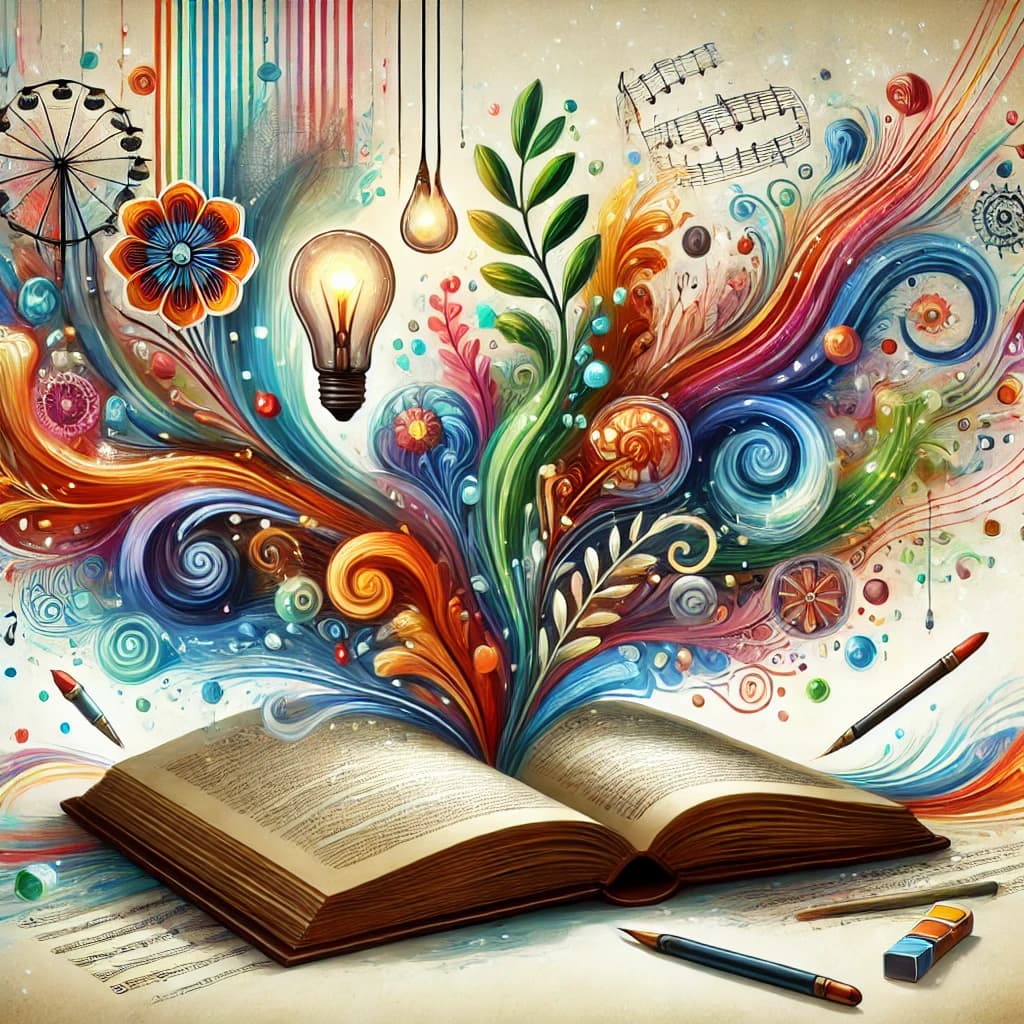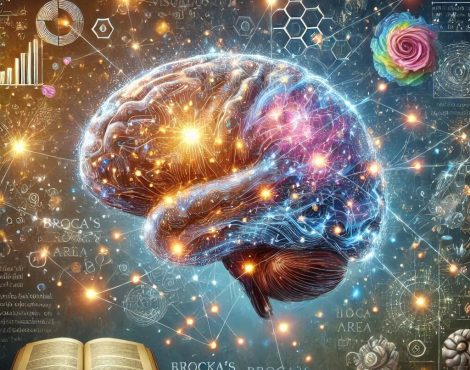Creativity is often seen as a mysterious and elusive quality, something reserved for artists, writers, and musicians. However, creativity is a fundamental part of being human, and it can manifest in countless ways, from problem-solving at work to finding new approaches in personal projects. One of the most powerful sources of inspiration for creativity is books. In this article, we’ll explore how reading can ignite your creative spark and enhance your creativity across all aspects of life.
The Power of Imagination
Books are gateways to other worlds, times, and experiences. When you read, your brain is not just passively absorbing information; it’s actively creating mental images, imagining characters, and building entire worlds from the words on the page. This process of visualization exercises your imagination, one of the core components of creativity.
Fiction, in particular, is a rich source of imaginative fuel. Whether you’re delving into the fantastical realms of a science fiction novel or navigating the complex emotional landscapes of a literary classic, fiction challenges you to see beyond the ordinary and explore possibilities that don’t exist in your everyday life. This ability to imagine what isn’t directly in front of you is the same skill that fuels creative thinking in other areas, from brainstorming new ideas at work to solving everyday problems in innovative ways.
Learning from the Masters
Books are also a repository of wisdom and knowledge, offering insight into the minds of some of the greatest creative thinkers in history. Biographies of artists, innovators, and thinkers can be particularly inspiring, as they provide a window into the creative processes of those who have pushed boundaries and changed the world.
For example, reading about the life of Leonardo da Vinci, who was not only a master artist but also an inventor, scientist, and writer, can inspire you to embrace a multidisciplinary approach to creativity. Similarly, books on the creative processes of writers like Virginia Woolf or musicians like David Bowie can offer practical insights into how to harness and channel your creative energies.
The Cross-Pollination of Ideas
One of the most fascinating aspects of creativity is how it often results from the blending of ideas from different fields. Reading widely across genres and subjects can lead to unexpected connections that spark new ideas. This process, known as the cross-pollination of ideas, occurs when concepts from one domain influence and enrich another.
For instance, reading about the principles of architecture might inspire a writer to structure a novel in a unique way, or learning about the intricacies of nature in a science book could influence an artist’s next painting. By exposing yourself to a broad range of topics through reading, you increase the likelihood of making these creative connections in your own life.
The Role of Language in Creativity
Language is the medium through which most of us express our creativity, whether it’s through writing, speaking, or even thinking. Reading, especially literature that plays with language, can deepen your appreciation for words and expand your vocabulary, giving you more tools to express your ideas.
Poetry, for example, is a genre that often uses language in unconventional ways, breaking the rules of grammar and syntax to create new meanings and evoke emotions. By reading poetry, you can learn to see language not just as a means of communication, but as a tool for artistic expression, which can, in turn, inspire creative use of language in your own writing, speaking, or thinking.
Finding Inspiration in Nonfiction
While fiction and poetry are often celebrated for their creative potential, nonfiction books can be just as inspiring. Whether it’s a book on psychology that helps you understand the creative mind or a memoir that reveals the creative journey of an individual, nonfiction can provide both the knowledge and inspiration to fuel your creativity.
Self-help books that focus on creativity, such as Julia Cameron’s The Artist’s Way, offer practical exercises and insights to help you unlock your creative potential. Books on science and nature can open your eyes to the wonders of the world, inspiring a sense of awe and curiosity that is essential for creative thinking.
Applying Creativity in Everyday Life
Finally, the creativity inspired by books doesn’t have to be limited to artistic pursuits. The problem-solving skills and imaginative thinking fostered by reading can be applied to all areas of life. Whether you’re finding a new way to approach a challenge at work, coming up with creative solutions for your personal life, or simply looking at the world from a fresh perspective, the creativity sparked by reading can enrich your life in countless ways.
Conclusion: The Infinite Well of Inspiration
Books are more than just sources of entertainment or information—they are powerful tools for unlocking creativity. By engaging your imagination, exposing you to new ideas, enriching your language skills, and offering insights into the creative processes of others, books can inspire creativity in all aspects of life. So, the next time you’re looking for a spark of inspiration, pick up a book—you never know where it might lead you.




